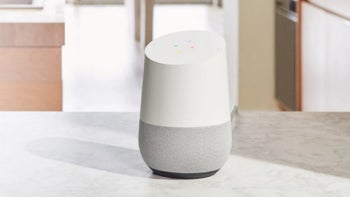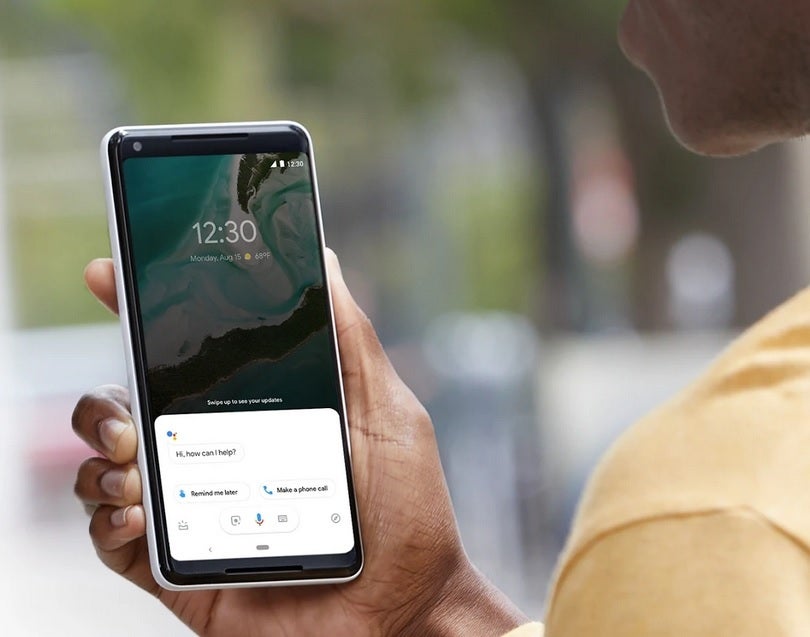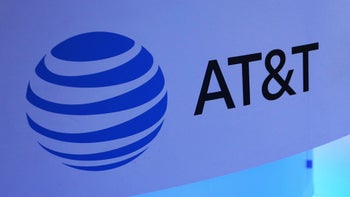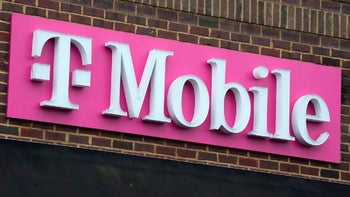Judge rules that Google must respond in court to claims that it violated users' privacy rights

A federal judge has ruled that Google must face the music and stand trial after a lawsuit accused the company of recording and disseminating private conversations of people who accidentally activated Google Assistant on their phone. These are people who didn't specifically use the hot words like "Ok, Google" or "Hey, Google" but accidentally awakened the voice assistant.
Reuters states that late last week, U.S. District Judge Beth Labson Freeman ruled that plaintiffs in a proposed class-action lawsuit can continue to push charges that Google and its parent Alphabet violated California privacy laws, federal privacy laws, and some breach of contract laws. The judge also dismissed claims made by the plaintiffs stating that Google violated the California consumer protection laws but did state that those charges could later be refiled.
The main complaint made by the plaintiffs said that Google had no business to use their conversations for targeted advertising when Google Assistant incorrectly "translated" what they said as being "hot words," activating the digital helper. These are known in the industry as "false accepts"

Google Assistant can be found on both iOS and Android handsets
In trying to get the judge to dismiss the case, Google argued that the plaintiffs could not show any proof of harm or proof that Google failed to live up to any contractual arrangements that were made. The company correctly points out that it "never promises that the Assistant will activate only when plaintiffs intend it to." Members of the class taking on Google in court include those in the U.S. who purchased a Google Assistant enabled device since May 18, 2016.
In her 37-page decision, Judge Freeman said that the plaintiffs have a long-enough history of using Google Assistant to know that they should have a reasonable expectation of privacy when speaking to the device. Google Assistant is available for both Android and iOS users and can be found on handsets, tablets, smart speakers, smartwatches and other smart devices.













Things that are NOT allowed: